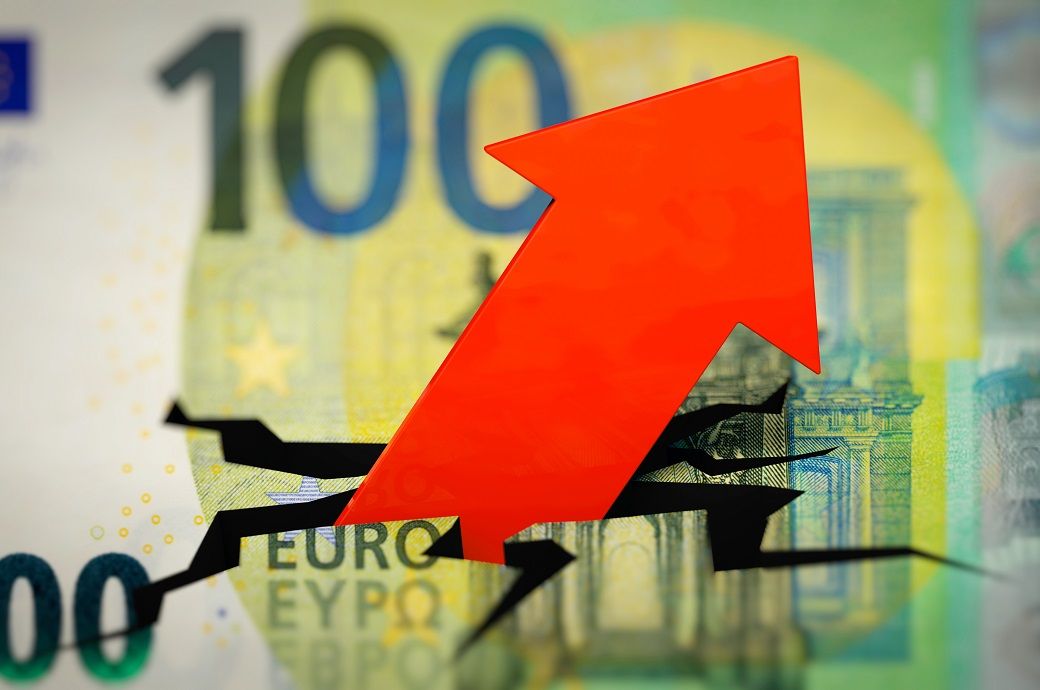
“People and firms are already feeling the impact of rising inflation and the slowdown in economic activity,” said ECB vice president Luis de Guindos. “Our assessment is that risks to financial stability have increased, while a technical recession in the euro area has become more likely.”
These recent developments are increasing the vulnerability of households, firms and governments that hold more debt. They are also adding to financial market stresses and testing the resilience of investment funds. Moreover, all of these vulnerabilities could unfold simultaneously, potentially reinforcing one another, according to the review.
Corporate sector challenges have grown amid higher energy and other input costs, with profits expected to decline as funding costs increase. If the outlook deteriorates further, an increase in the frequency of corporate defaults cannot be excluded, particularly among energy-intensive firms, an ECB press release said citing the review.
Inflation is also hitting households, decreasing their purchasing power and potentially reducing their ability to repay loans. Lower-income households are particularly affected.
As firms and households find it increasingly challenging to service their debts, banks could face higher credit losses in the medium term, ECB noted. While the banking sector has recently seen a recovery in profitability as interest rates have risen, there are incipient signs of asset quality deterioration, which may require larger provisions.
Many governments have been providing fiscal support to firms and households to soften the impact of rising energy prices. However, high levels of government debt following the pandemic, paired with tighter funding conditions, limit the scope for fiscal expansion measures that do not trigger risks to debt sustainability. Support should therefore be temporary and targeted at those most affected, ECB added.
ALCHEMPro News Desk (DS)
Receive daily prices and market insights straight to your inbox. Subscribe to AlchemPro Weekly!